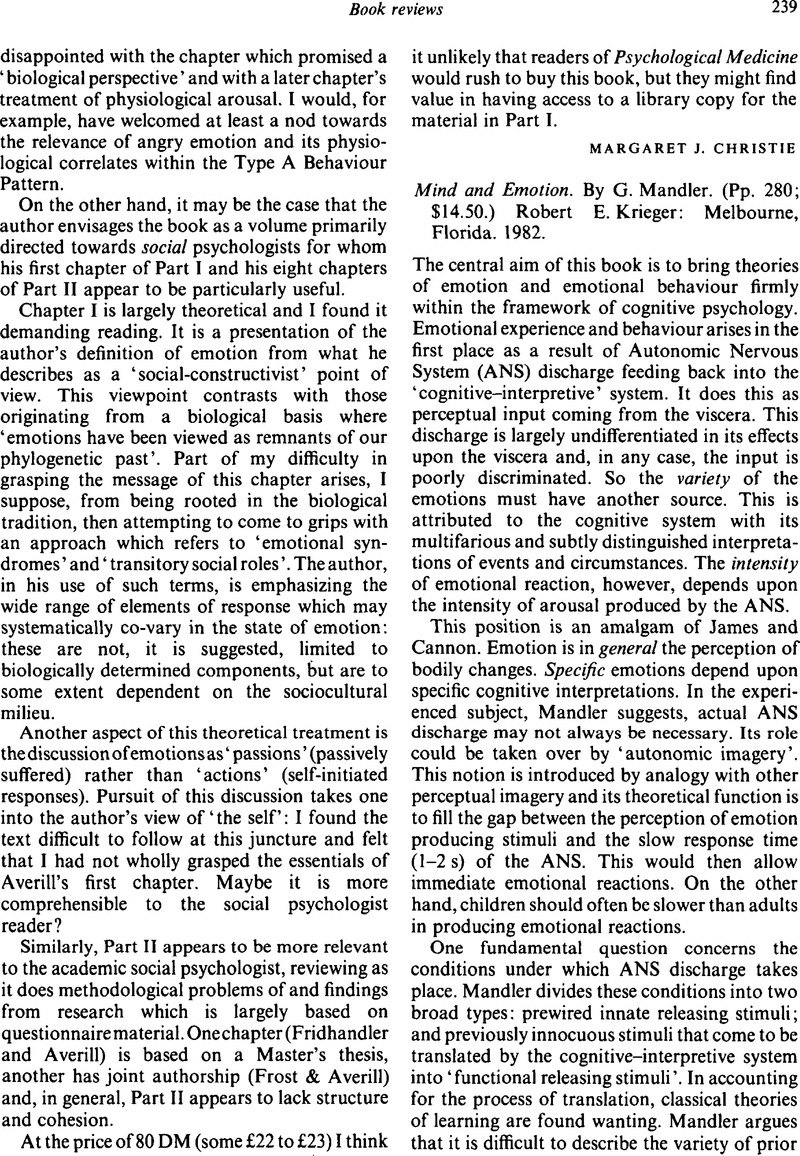Trevarthen, C. (
1979). Instincts for human understanding and for cultural cooperation: their development in infancy. In
Human Ethology: Claims and Limits of a New Discipline (ed.
Von Cranach, M.,
Foppa, K.,
Pepenies, W. and
Ploog, D.), pp.
530–
594.
Maison des Sciences de l'Homme and Cambridge University Press:
Cambridge.
Google Scholar 